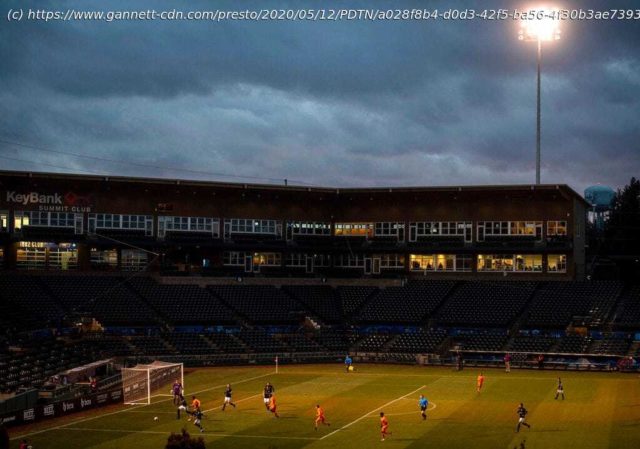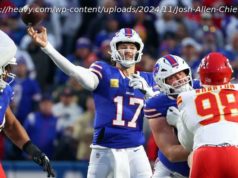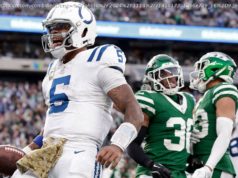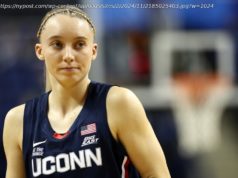As North America’s pro football, basketball, baseball and hockey leagues try to play again in a pandemic, minor league sports face a more treacherous climb…
As North America’s pro football, basketball, baseball and hockey leagues try to play again in a pandemic, minor league sports face a more treacherous climb to return.
While the NFL, NBA or Major League Baseball can run on television revenue, it’s virtually impossible for many minor leagues to survive with empty stadiums. The possibility of no games in 2020 could put some teams in jeopardy and change the landscape for attendance-driven sports in the short- and long-term future.
“There’s no future for minor league sports with empty stadiums. There’s zero,” said Gary Green, who owns Triple-A and Double-A baseball teams and an expansion franchise in the United Soccer League that plays in suburban Omaha, Nebraska. “If some of the teams don’t have deep-pocketed ownership groups or owners, I don’t know how they’re going to pay their bills.”
It is by far the most pressing question facing Minor League Baseball, the American Hockey League, ECHL, USL and others. The minors are deeply baked into the North American sports landscape as talent developers for the majors and cheap, family-friendly entertainment in towns big and small. Experts are divided on how they will survive and how soon they can bounce back.
MLB Commissioner Rob Manfred estimated a 40% loss of revenue if baseball is played with no fans and Herrick Feinstein sports law group co-chair Irwin Kishner estimated it is probably twice that for minor league sports. As it is, Green doesn’t expect minor league baseball this year, while both the ECHL and the AHL canceled the rest of their hockey seasons.
Plans for 2020-21 include the grim possibility of empty or near empty arenas.
“There’s a million questions that need to be answered,” minor league hockey player Nathan Paetsch said. “What’s next season going to look like? What’s the possibility of it starting? What type of season is it going to look it? Is there going to be fans or no fans? Is it going to be the same length of the season?”
Smith College economics professor Andrew Zimbalist agreed with Green that ownership will affect which teams survive.






